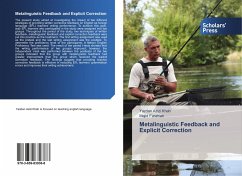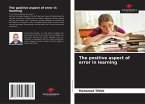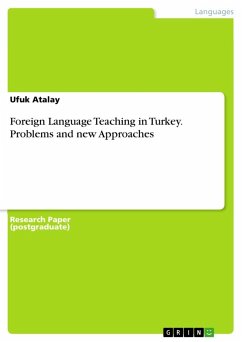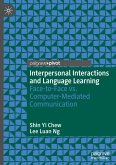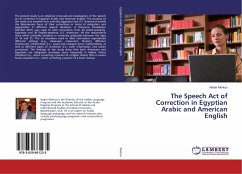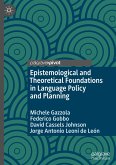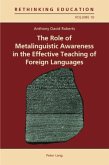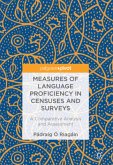The present study aimed at investigating the impact of two different strategies of providing written corrective feedback on English as foreign language (EFL) learners' writing performance. To achieve this goal, sixty EFL learners who participated in the study were assigned into two groups. Throughout the period of the study, two techniques of written feedback, metalinguistic feedback and explicit correction feedback were put into practice as the treatment. The first writing assignment was used as the pretest and the last writing assignment was the posttest. To determine the proficiency level of the participants, A Nelson English Proficiency Test was used. The result of the paired t-tests showed that the writing performance of two groups improved; however, the independent t-test was performed between the posttests of the two groups indicated that the group with metalinguistic feedback had greater improvement than the group which received the explicit correction feedback. The findings suggest that providing teacher corrective feedback is effective in reducing EFL learners' grammatical errors and improves their writing achievement.
Bitte wählen Sie Ihr Anliegen aus.
Rechnungen
Retourenschein anfordern
Bestellstatus
Storno

